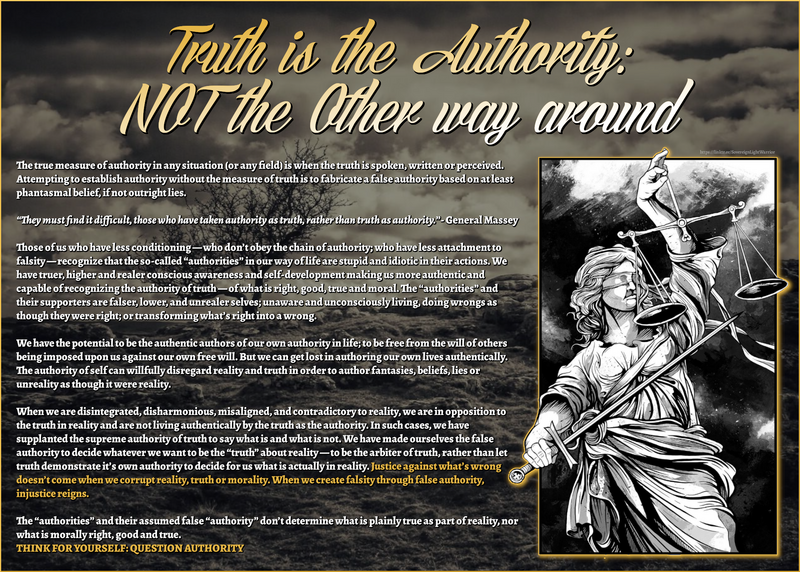Brethren, Peter tells us that Christ set an example that we should follow. That example was one of quiet suffering, of self-sacrifice. It is an example that many who take His name often do not emulate. Many even, falsely, preach that Christ set a different example, one of opulence and comfort.
But Jesus Himself told us what it takes to follow Him: “If anyone wishes to come after Me, he must deny himself, and take up his cross daily and follow Me” (Lk. 9:23). The Christian life is not a life of ease, it is a battle, and one in which we are called to give ourselves up.
Paul expounded this reality when he wrote, “I am crucified with Christ, and it is no longer I who live, but Christ lives in me” (Gal. 2:20). This is our call. We must set aside our personal wants, we must crucify the flesh with its passions and desires (Gal. 5:24), and seek first His kingdom and His righteousness (Mt. 6:33).
Dear Christian, I exhort you today - consider for what or whom you are living. Are you indulging the flesh, or are you walking in the Spirit and denying the flesh? You cannot serve two masters (Mt. 6:24), so choose this day whom you will serve (Josh. 24:15).
——————-
Spurgeon’s Morning and Evening Devotions
Evening, December 14
"I am crucified with Christ." Galatians 2:20
The Lord Jesus Christ acted in what He did as a great public representative person, and His dying upon the cross was the virtual dying of all His people. Then all His saints rendered unto justice what was due, and made an expiation to divine vengeance for all their sins. The apostle of the Gentiles delighted to think that as one of Christ's chosen people, he died upon the cross in Christ. He did more than believe this doctrinally, he accepted it confidently, resting his hope upon it. He believed that by virtue of Christ's death, he had satisfied divine justice, and found reconciliation with God. Beloved, what a blessed thing it is when the soul can, as it were, stretch itself upon the cross of Christ, and feel, "I am dead; the law has slain me, and I am therefore free from its power, because in my Surety I have borne the curse, and in the person of my Substitute the whole that the law could do, by way of condemnation, has been executed upon me, for I am crucified with Christ."
But Paul meant even more than this. He not only believed in Christ's death, and trusted in it, but he actually felt its power in himself in causing the crucifixion of his old corrupt nature. When he saw the pleasures of sin, he said, "I cannot enjoy these: I am dead to them." Such is the experience of every true Christian. Having received Christ, he is to this world as one who is utterly dead. Yet, while conscious of death to the world, he can, at the same time, exclaim with the apostle, "Nevertheless I live." He is fully alive unto God. The Christian's life is a matchless riddle. No worldling can comprehend it; even the believer himself cannot understand it. Dead, yet alive! crucified with Christ, and yet at the same time risen with Christ in newness of life! Union with the suffering, bleeding Saviour, and death to the world and sin, are soul-cheering things. O for more enjoyment of them!
But Jesus Himself told us what it takes to follow Him: “If anyone wishes to come after Me, he must deny himself, and take up his cross daily and follow Me” (Lk. 9:23). The Christian life is not a life of ease, it is a battle, and one in which we are called to give ourselves up.
Paul expounded this reality when he wrote, “I am crucified with Christ, and it is no longer I who live, but Christ lives in me” (Gal. 2:20). This is our call. We must set aside our personal wants, we must crucify the flesh with its passions and desires (Gal. 5:24), and seek first His kingdom and His righteousness (Mt. 6:33).
Dear Christian, I exhort you today - consider for what or whom you are living. Are you indulging the flesh, or are you walking in the Spirit and denying the flesh? You cannot serve two masters (Mt. 6:24), so choose this day whom you will serve (Josh. 24:15).
——————-
Spurgeon’s Morning and Evening Devotions
Evening, December 14
"I am crucified with Christ." Galatians 2:20
The Lord Jesus Christ acted in what He did as a great public representative person, and His dying upon the cross was the virtual dying of all His people. Then all His saints rendered unto justice what was due, and made an expiation to divine vengeance for all their sins. The apostle of the Gentiles delighted to think that as one of Christ's chosen people, he died upon the cross in Christ. He did more than believe this doctrinally, he accepted it confidently, resting his hope upon it. He believed that by virtue of Christ's death, he had satisfied divine justice, and found reconciliation with God. Beloved, what a blessed thing it is when the soul can, as it were, stretch itself upon the cross of Christ, and feel, "I am dead; the law has slain me, and I am therefore free from its power, because in my Surety I have borne the curse, and in the person of my Substitute the whole that the law could do, by way of condemnation, has been executed upon me, for I am crucified with Christ."
But Paul meant even more than this. He not only believed in Christ's death, and trusted in it, but he actually felt its power in himself in causing the crucifixion of his old corrupt nature. When he saw the pleasures of sin, he said, "I cannot enjoy these: I am dead to them." Such is the experience of every true Christian. Having received Christ, he is to this world as one who is utterly dead. Yet, while conscious of death to the world, he can, at the same time, exclaim with the apostle, "Nevertheless I live." He is fully alive unto God. The Christian's life is a matchless riddle. No worldling can comprehend it; even the believer himself cannot understand it. Dead, yet alive! crucified with Christ, and yet at the same time risen with Christ in newness of life! Union with the suffering, bleeding Saviour, and death to the world and sin, are soul-cheering things. O for more enjoyment of them!
Brethren, Peter tells us that Christ set an example that we should follow. That example was one of quiet suffering, of self-sacrifice. It is an example that many who take His name often do not emulate. Many even, falsely, preach that Christ set a different example, one of opulence and comfort.
But Jesus Himself told us what it takes to follow Him: “If anyone wishes to come after Me, he must deny himself, and take up his cross daily and follow Me” (Lk. 9:23). The Christian life is not a life of ease, it is a battle, and one in which we are called to give ourselves up.
Paul expounded this reality when he wrote, “I am crucified with Christ, and it is no longer I who live, but Christ lives in me” (Gal. 2:20). This is our call. We must set aside our personal wants, we must crucify the flesh with its passions and desires (Gal. 5:24), and seek first His kingdom and His righteousness (Mt. 6:33).
Dear Christian, I exhort you today - consider for what or whom you are living. Are you indulging the flesh, or are you walking in the Spirit and denying the flesh? You cannot serve two masters (Mt. 6:24), so choose this day whom you will serve (Josh. 24:15).
——————-
Spurgeon’s Morning and Evening Devotions
Evening, December 14
"I am crucified with Christ." Galatians 2:20
The Lord Jesus Christ acted in what He did as a great public representative person, and His dying upon the cross was the virtual dying of all His people. Then all His saints rendered unto justice what was due, and made an expiation to divine vengeance for all their sins. The apostle of the Gentiles delighted to think that as one of Christ's chosen people, he died upon the cross in Christ. He did more than believe this doctrinally, he accepted it confidently, resting his hope upon it. He believed that by virtue of Christ's death, he had satisfied divine justice, and found reconciliation with God. Beloved, what a blessed thing it is when the soul can, as it were, stretch itself upon the cross of Christ, and feel, "I am dead; the law has slain me, and I am therefore free from its power, because in my Surety I have borne the curse, and in the person of my Substitute the whole that the law could do, by way of condemnation, has been executed upon me, for I am crucified with Christ."
But Paul meant even more than this. He not only believed in Christ's death, and trusted in it, but he actually felt its power in himself in causing the crucifixion of his old corrupt nature. When he saw the pleasures of sin, he said, "I cannot enjoy these: I am dead to them." Such is the experience of every true Christian. Having received Christ, he is to this world as one who is utterly dead. Yet, while conscious of death to the world, he can, at the same time, exclaim with the apostle, "Nevertheless I live." He is fully alive unto God. The Christian's life is a matchless riddle. No worldling can comprehend it; even the believer himself cannot understand it. Dead, yet alive! crucified with Christ, and yet at the same time risen with Christ in newness of life! Union with the suffering, bleeding Saviour, and death to the world and sin, are soul-cheering things. O for more enjoyment of them!









